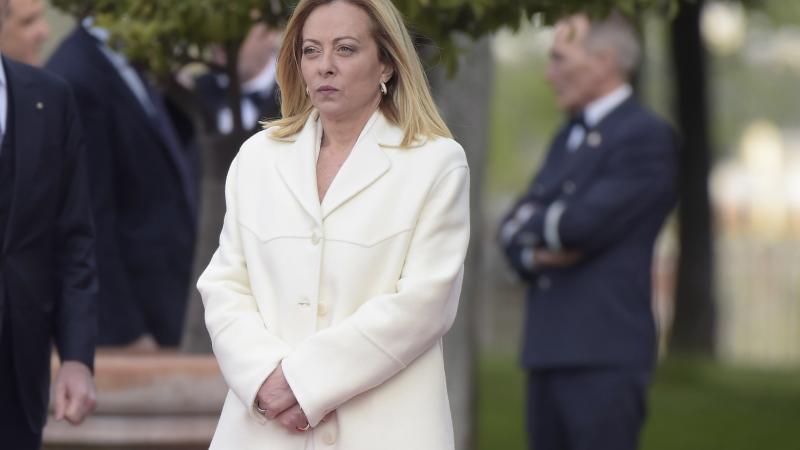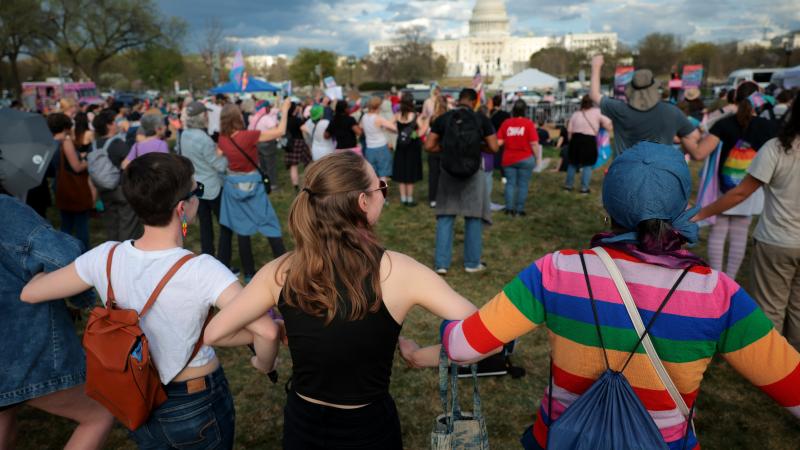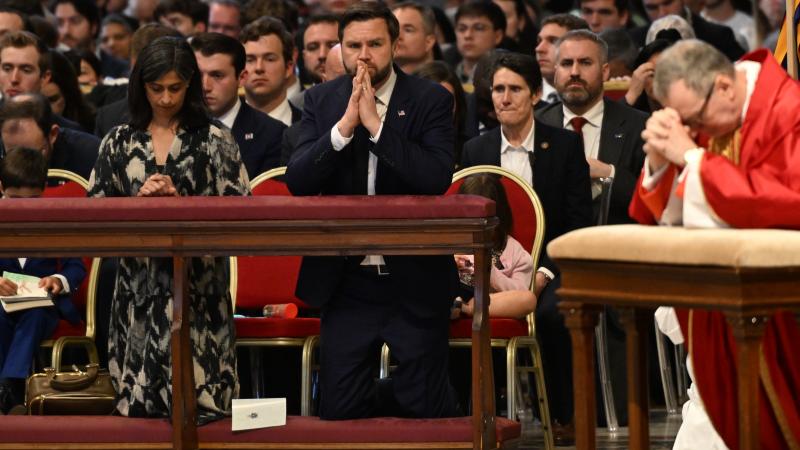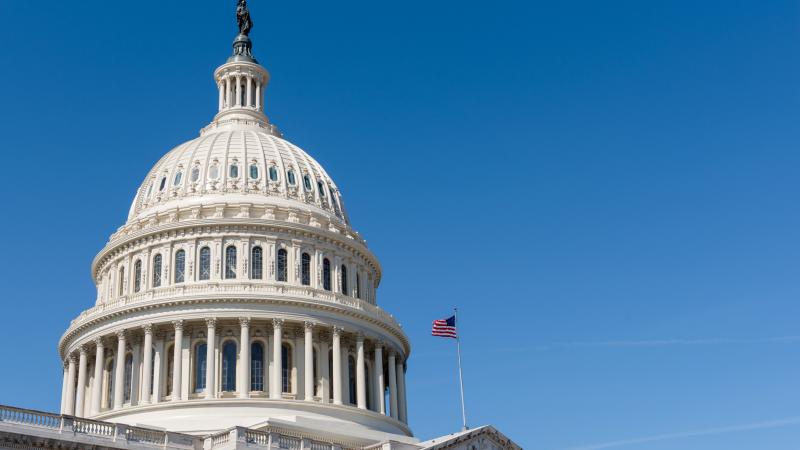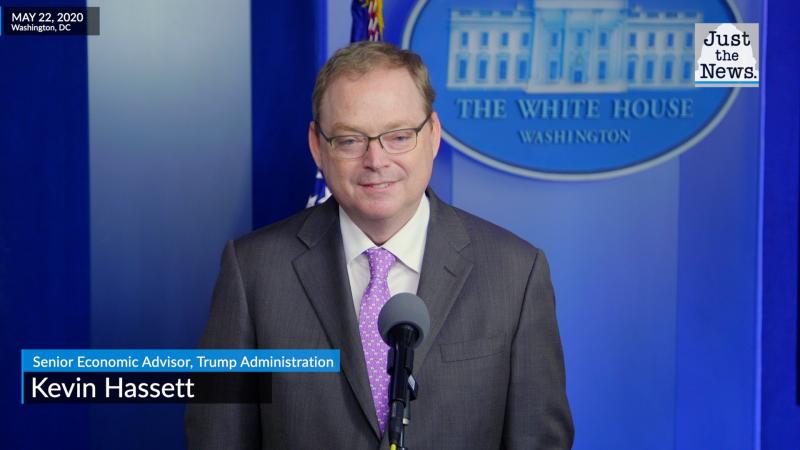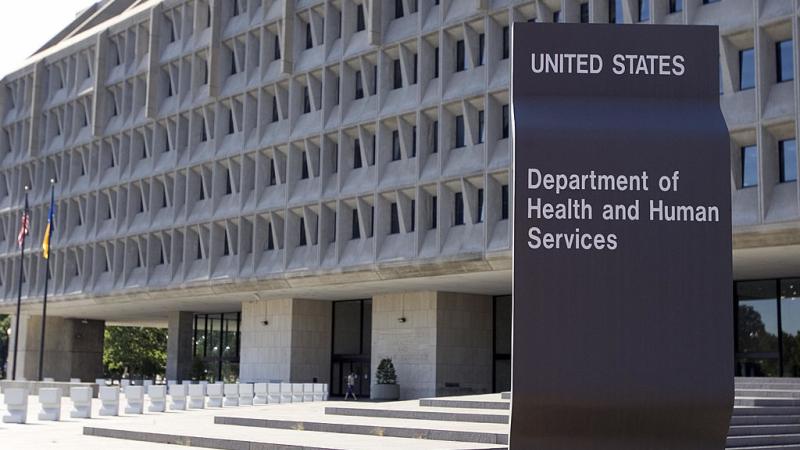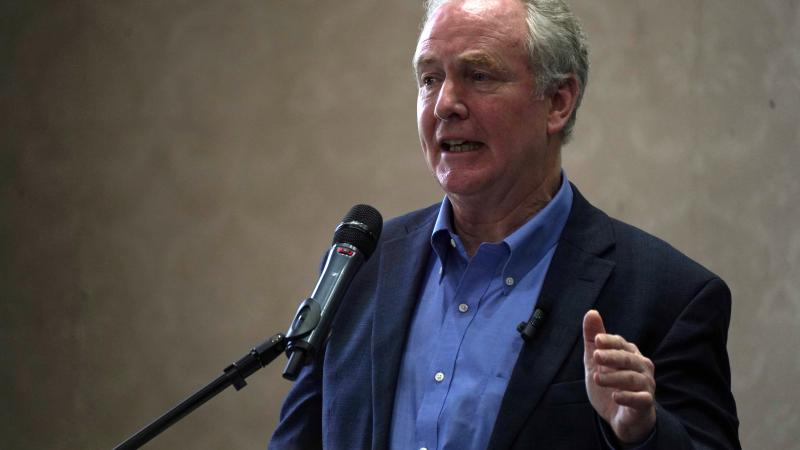U.S. sends tactical security teams to Ukraine embassy after Moscow warns 'countdown' is underway
Tensions have spiked over Russia's troop movements and ominous statements about Ukraine.
The State Department has quietly sent special operations teams into Kyiv to help with a potential diplomatic evacuation, sources told Just the News, while Secretary of State Antony Blinken on Sunday rebuffed pleas from Ukraine to impose preemptive sanctions against a bellicose Russia.
The teams arrived last week, shortly before U.S. Embassy families were ordered to begin evacuating Ukraine, said the sources, who have direct knowledge of the events.
"This means that they're anticipating violence or complete deterioration in short order," said former Diplomatic Security Service Special Agent Dale McElhattan, who has taken part in diplomatic evacuations.
International tension has spiked recently as Russia maintains an estimated 100,000 troops along its border with Ukraine and has issued ominous statements about "the start of a countdown" and claims that Moscow is being "provoked."
Moscow has not explained why it launched a "countdown," nor what awaits at the end. The Kremlin claims to be rankled over the proposition that Ukraine would join the North Atlantic Treaty Organization, even though Ukraine likely would not be admitted into the alliance.
Alarm bells sounded in the West last week when Konstantin Gavrilov, who leads the Russian delegation at the Vienna Negotiations on Military Security and Arms Control, issued a stark warning.
"There arrives a moment of truth when the West either accepts our proposals or other ways will be found to safeguard Russia's security," Gavrilov said. "I am convinced that with goodwill and a willingness to compromise in any situation, it is possible to find a way out to mutually acceptable solutions. We are running out of time. The countdown begins."
Neither Gavrilov nor the Russian Foreign Ministry responded to questions from Just the News regarding the comments.
Officials in Ukraine have asked the United States not to wait for an attack before responding, but to impose sanctions now against Russia.
Blinken said Sunday that preemptive sanctions would undermine Western leverage.
"When it comes to sanctions, the purpose of those sanctions is to deter Russian aggression," Blinken told CNN's State of the Union program.
"So if they're triggered now, you lose the deterrent effect," Blinken said. "All of the things that we're doing, including building up in a united way with Europe, massive consequences for Russia, is designed to factor into President [Vladimir] Putin's calculus and to deter and dissuade them from taking aggressive action, even as we pursue diplomacy at the same time."
Last week, however, shortly after Gavrilov made his remarks, the State Department ordered diplomatic families to evacuate Ukraine and sent in the special operations teams.
"I am not saying definitely that they are related, but you can deduce what you will from the timeline," said one diplomatic source, who spoke on condition of anonymity because he is not authorized to speak to the media.
The special operations teams signal grave diplomatic concern, McElhattan said.
"It is serious," he said, noting that the teams typically are deployed during times of political instability, transnational terrorism, indigenous terrorism, or high crime.
"It's not like they predict something's going to happen in 72 or 96 hours," McElhattan added. "But they want to be prepared, should hostilities start out."
The Mobile Security Deployment [MSD] teams would assist with an orderly departure of U.S. diplomatic personnel.
"Anytime there's something going on in the news, there's pretty likely there's an MSD team in the background somewhere ready to respond," said one unidentified agent who appeared in a July recruiting video. "With MSD literally anything could happen at any time."
Russia consistently has denied that it plans to invade Ukraine.
The U.S. is tracking "intensely hour by hour and certainly day by day" the situation in Kyiv, Blinken said on Sunday.

